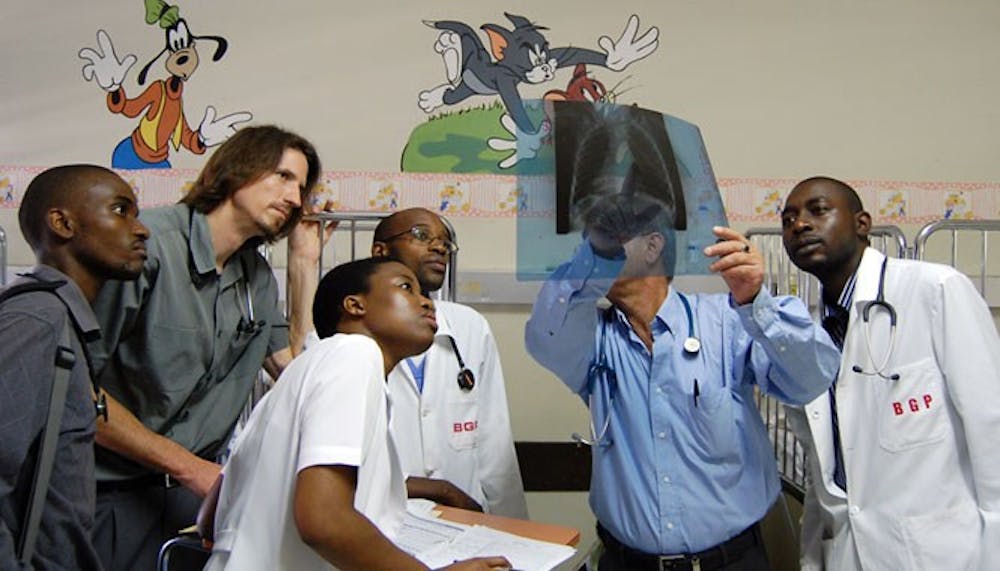Leveraging the power of Skype, Penn is bringing top of the line medical expertise to rural Botswana.
The Botswana-UPenn Partnership is expanding its telemedicine capabilities through a new joint project with Microsoft and other partners.
The partnership was founded in 2001, at first to help combat HIV, and then was expanded to treat cervical cancer and tuberculosis. Until this new project, BUP’s telemedicine efforts revolved around cell phone technology — where rural physicians would send photos to experts in the capital, Gaborone. These pictures could be forwarded to Penn for consulting.
Under Project Kgolagano, meaning “to be connected or networked,” rural doctors will be able to video chat with the experts in the capital.
It relies on innovative technology that translates unused spectrum into broadband. Commonly called “TV white space,” these unused bandwidths once separated channels to prevent interference. Made obsolete by digital technologies, these spaces can now be used to extend internet coverage. This internet service will be used to live-connect patients at 10 rural clinics and hospitals across Botswana to medical experts in the capital, saving them a costly trip to the capital.
According to BUP director Harvey Friedman, the partnership provides an outlet for international experience that is difficult for students to find at Penn Medicine. Each year BUP sends between about 150 to 200 people from across all Penn schools to Botswana, to work on various projects. Friedman said that all projects try to build capacity in a low-corruption country with institutions still struggling to meet public health needs.
The medical section has around 100 people in the country at a time, most of which are nurses and lab technicians, with the rest of the group being specialists.
“One of the strengths of BUP is we have a very deep relationship with one country, and that takes a lot of trust,” Friedman said.



